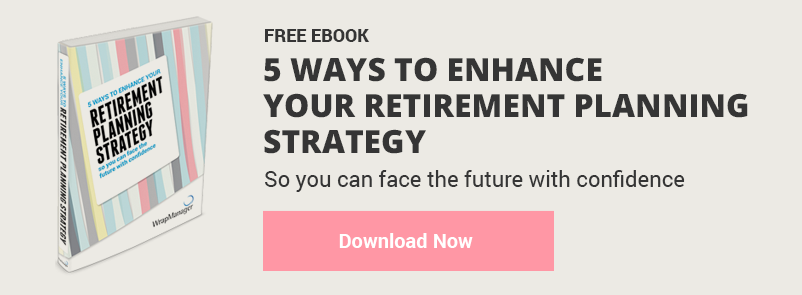 In response to the 2008 global financial crisis, the Federal Reserve cut interest rates to near zero in an effort to save the economy.
In response to the 2008 global financial crisis, the Federal Reserve cut interest rates to near zero in an effort to save the economy.
As the US economy strengthens, it becomes more likely the Fed will reverse course,1 and the possibility of rising interest rates has some investors worried. Higher rates imply the cost of doing business (or buying a home, for instance) could become more costly, which could hurt the economy.
Does this mean that rising interest rates could mean poor stock performance ahead? If so, are adjustments to your portfolio warranted?
Historical Data Suggests the Market Can Stomach Rising Interest Rates
Following interest rate hikes, the markets tend to have a negative kneejerk reaction, but then historically resume an upward climb in the ensuing months.1
Average S&P Performance (Increases Only)
(Click chart for larger version)
 Sources: JP Morgan Asset Management. Standard & Poor’s, Federal Reserve, J.P. Morgan Asset Management. For illustrative purposes only Average payoffs are calculated from increases in policy rates only. Data are as of 7/29/2014.
Sources: JP Morgan Asset Management. Standard & Poor’s, Federal Reserve, J.P. Morgan Asset Management. For illustrative purposes only Average payoffs are calculated from increases in policy rates only. Data are as of 7/29/2014.
A reasonable explanation for stocks’ longer-term strength is that rising interest rates imply a strengthening economy. Because the Fed uses a ‘data-dependent’ approach, rising interest rates imply the economy is healthy and improving, and the Fed is simply taking action to keep growth moderate and to contain inflation.1
An Interest Rate Hike Should Come as No Surprise
One of the Fed’s new policy tools is to provide the market with clear forward guidance, which lowers the likelihood of a “surprise” shift in rates.
In cases where the market was surprised by a Fed rate increase, the short-term response tended to be negative in the few months following the hike (the market doesn’t like surprises).1
Average Equity Market Sensitivity to Target Rate Increases
(Click chart for larger version)
 Sources: Standard & Poor’s, Federal Reserve, JP Morgan Asset Management. For illustrative purposes only. Surprise and expected components are estimated from the Federal Funds Rate futures market. ** Coefficients are statically significant at a 1% level. *Coefficients are statistically significant at a 5% level. Data are as of 7/29/14.
Sources: Standard & Poor’s, Federal Reserve, JP Morgan Asset Management. For illustrative purposes only. Surprise and expected components are estimated from the Federal Funds Rate futures market. ** Coefficients are statically significant at a 1% level. *Coefficients are statistically significant at a 5% level. Data are as of 7/29/14.
By contrast, when rate increases were communicated more clearly, stocks had a slight negative reaction initially but managed to recover three months later on average.
The Fed’s continued communication should help minimize surprises in interest rate changes, which should also reduce the impact of rate hikes on stock returns and volatility.1
Managing Your Portfolio in a Rising Interest Rate Environment
In the short term, the market has shown it can react negatively to an interest rate hike. The good news though is that historically the weakness hasn’t lasted very long. If the markets exhibit some volatility following the Fed’s first rate hike – whenever that may be – it will be important to keep this in mind, and to be careful not to make an reactive decision to what may just be temporary weakness.
If you would like to discuss rising interest rates and the effect it could have on your portfolio, give one of our Wealth Managers a call at 1-800-541-7774. You can also send an email to Wealth@wrapmanager.com to learn more.
Michael is a Certified Wealth Strategist and Wealth Manager at WrapManager, Inc.
Sources






